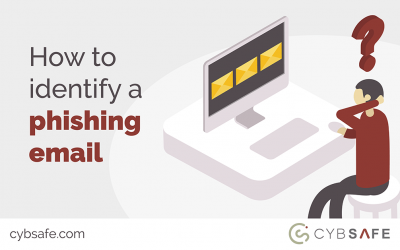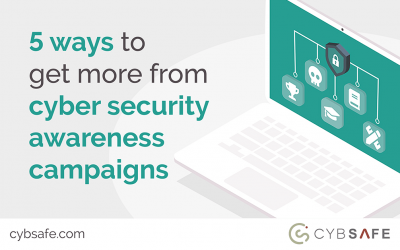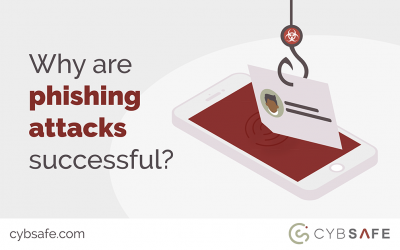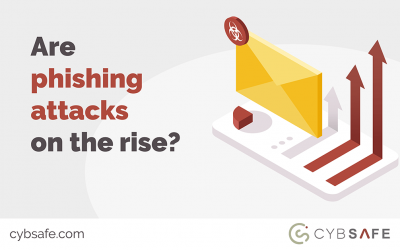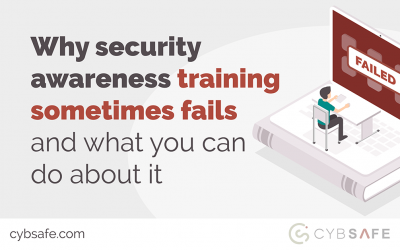Rewind
All the content from last year’s PeepSec, Impact and flagship industry events
High-profile data breaches: Designing the right data protection architecture based on the law, ethics and trust
Although cyber attacks have tremendous financial and reputational ramifications for organisations, the number of high-profile data breaches continues to grow. Oftentimes, these data losses can be attributed to companies leaving themselves vulnerable through poor cyber...
Las fuerzas de trabajo remotas, un vector de ciberincidentes a tener en cuenta
TICbeat
Working Remotely Could Compromise Cyber Security
Todays Wills and Probate
Legal Firms Vulnerable To Cyber Attacks When Working Remotely
Today's Conveyancer
A third of cyber attacks exploit unsecure remote working
IT Pro
Remote working poses significant security risk to UK’s businesses, new research reveals
GDPR Report
Remote working is leading to a rise in data breaches
TechRadar
Remote working poses significant security risk to UK’s SME businesses, new research reveals
A third of small and medium-sized UK businesses have suffered a data breach because of remote working in the last 12 months, CybSafe study reveals CybSafe, London, 19 December 2018 - A third of the UK’s micro, small and medium-sized enterprises (SMEs) have...
How to identify a phishing email
You’ve received an email. As no phishing filter can keep out 100% of all phishing attacks, there’s a chance the email could be a phishing scam – no matter what it looks like. How do you check whether or not the email is a phishing attack? How to identify phishing...
Botching human factors in cyber security in business organizations
Human factors remained unexplored and underappreciated in information security. The mounting cyber-attacks, data breaches, and ransomware attacks are a result of human-enabled errors. Research indicates that existing information security plans do not account for human...
5 ways to get more from cyber security awareness campaigns
Incredibly, traditional cyber security awareness training may actually decrease security awareness. Here’s how to ensure your security awareness campaigns increase resilience. Last year, researchers looking into the security of mobile devices inadvertently uncovered...
Why are phishing attacks successful?
Phishing attacks often seem rudimentary. With their spelling and grammar errors, blurry replicas of company logos and conspicuous twists on sender names, they should be easy to spot, shouldn’t they? So why is it, instead of dying down, phishing attacks are on the...
Instagram versus Snapchat: Self-expression and privacy concern on social media
With the increasing popularity of image-based social networking applications (apps), such as Snapchat and Instagram, social media users express multifaceted aspects of their self-concept online, while remaining concerned about privacy issues. This study investigates...
Startups you need to know
Just Entrepreneurs
Inside Track
BBC News
Facebook ‘walking dangerous line’ as it appeals record fine
SC Magazine
Are phishing attacks on the rise?
In 2018, some reports suggest the number of phishing attacks are falling. Is that really the case? Phishing attacks have been on the rise for a long time now. According to the UK government’s most recent cyber security breaches survey, they cause more data breaches...
Cyberwarfare: the danger and potential answer
Information Age
Why security awareness training sometimes fails – and what you can do about it
To demonstrate why security awareness training so often fails, it’s worth conducting a quick thought experiment. Imagine you’re a smoker and, one day, you find out you’re genetically susceptible to lung cancer. Thanks to your genes, you’re two-three times more likely...
How accountants can protect themselves from data breaches
AAT Comment
Ten simple ways to get your staff interested in cyber security
IT Pro Portal
